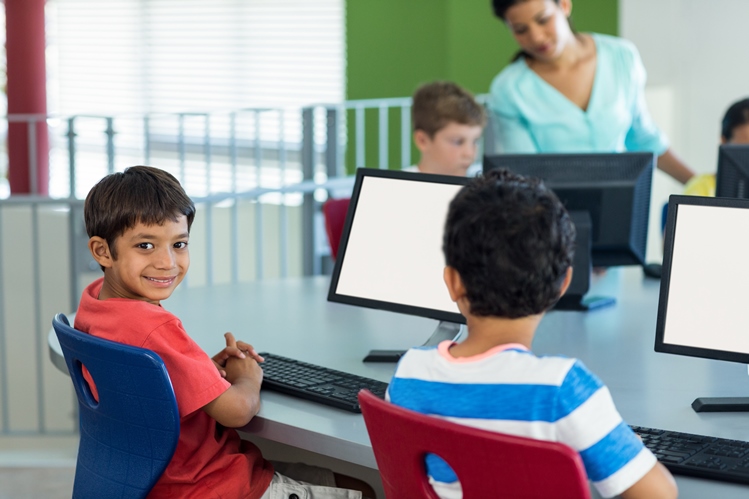
Social skills represent a set of competencies that
(1) facilitate initiating and maintaining positive social relationships,
(2) contribute to peer acceptance and friendship development,
(3) result in satisfactory school adjustment, and
(4) allow individuals to cope with and adapt to the demands of the
social environment. Deficits in social skills play a significant role in the development and maintenance of many emotional and behavioural disorders of childhood and adolescence. Social skills training is a form of behaviour therapy used by therapists to help persons who have difficulties relating to other people. The major goal of social skills training is teaching children and young adults about the verbal as well as nonverbal behaviours involved in social interactions to improve the person’s ability to perceive and act on social cues. Therapists begin by breaking down complex social behaviours into smaller portions. A common focus is the improvement of communication skills. The skills might be divided further into such subjects as beginning, holding, and ending conversations, or expressing feelings in appropriate ways. Social skills training is considered a widely accepted component of multi-method approaches to the treatment of many emotional, behavioural and developmental disorders.